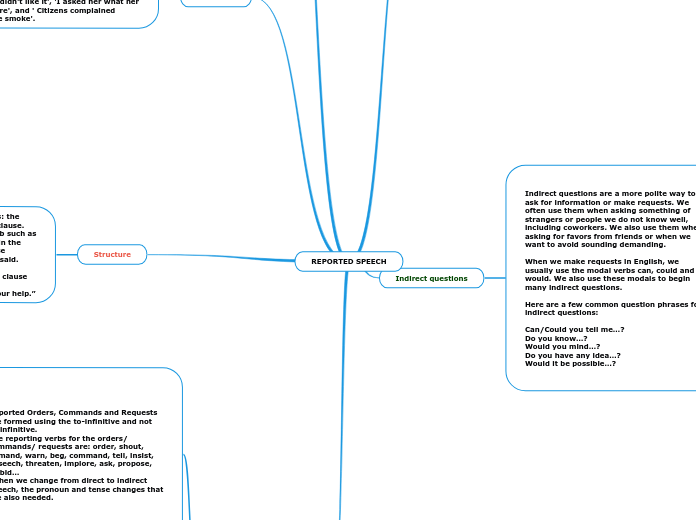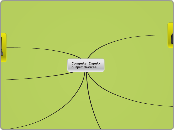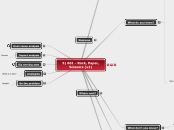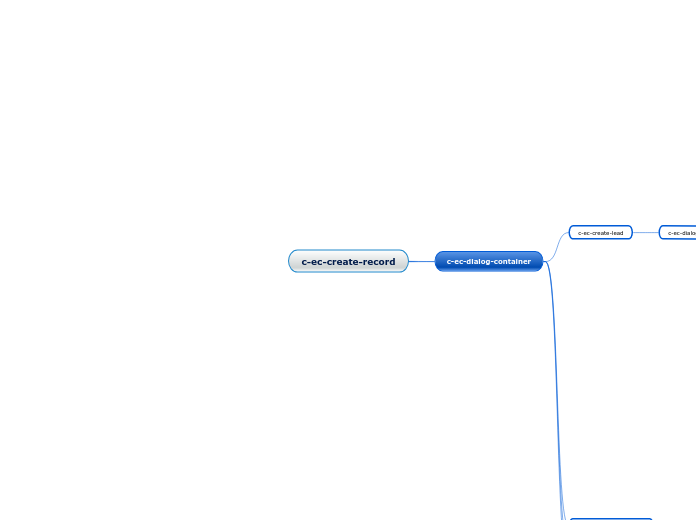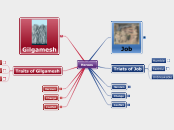par darwin muñoz Il y a 2 années
271
REPORTED SPEECH
1: polite, requests, modals, commands, reported, tense Input 2: Indirect questions are commonly used for polite requests or inquiries, especially when addressing strangers, coworkers, or when avoiding a demanding tone.
